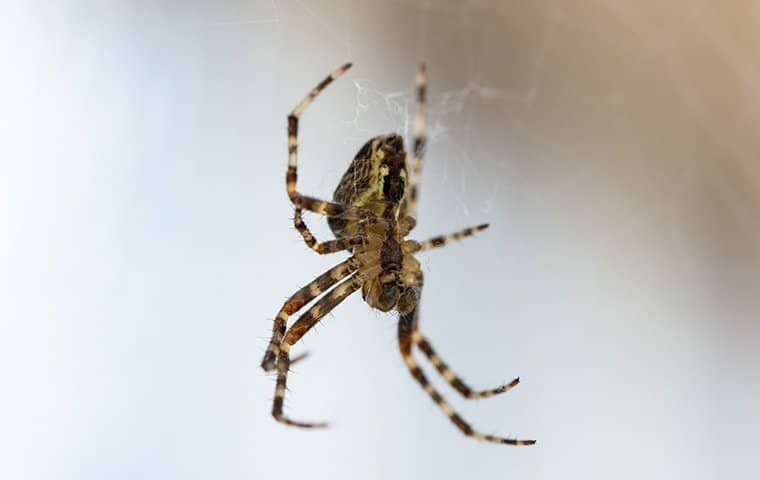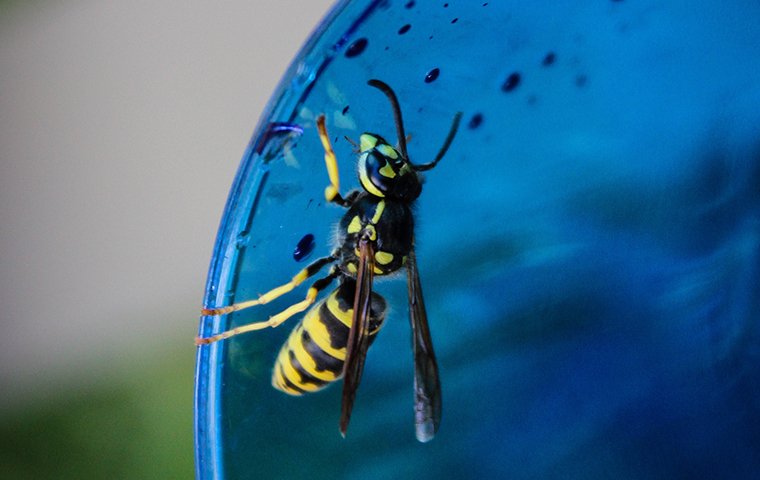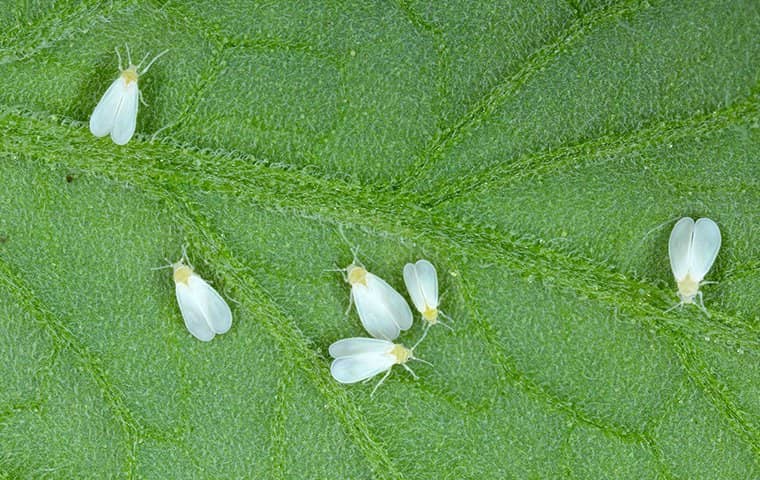
West Palm Beach's Ultimate Guide To Spider Control
March 31, 2024
Concerned about spiders in West Palm Beach? Discover how Empire Pest Defense can make your home spider-free!... Read More
Request Your Inspection Today! (561) 944-5596
Get StartedThere are many different species of insects that thrive in the tropical weather that Florida provides. Stinging insects are some of the many insects abundant in Florida. Stinging insects have stingers extending from the abdomen they use to inject venom into the prey they hunt or as a means of defense. Most stinging insects have a stinger strong enough to pierce a person’s skin and deliver painful stings.
Stinging insects perform many helpful tasks, including pollinating plants and crops and controlling populations of nuisance insects. Despite being helpful, having a stinging insect nest in your yard is less than ideal. Having to tiptoe around your yard to avoid being stung is never fun.

Stinging insects that invade properties across Florida include:
Stinging insects don’t mean to be such a significant threat to us, but they are. It is in their nature to defend themselves and colony from anything they view as a threat. Unfortunately, when stinging insects are in our yards, they often view us and our pets as threats.
Stings from stinging insects are not only extremely painful but, if allergic to their venom, potentially life-threatening. Their venom can cause localized swelling at the sting site or lead to more severe medical complications, including anaphylaxis. Avoiding stinging insects and their nests is always best whether in your yard or while spending time in any other outdoor space.
Stinging insects, though beneficial to the environment, are problematic when they decide to nest on our property. The physical and health threat they pose makes them unwelcome. Stinging insects will build a nest anywhere that provides them with shelter, protection from predators, and easy access to food and water, whether that be deep in the woods or in a shrub in your front yard!
Stinging insects live and spend time in areas where there is a lot of food. Many stinging insect colonies are large, and feeding all their members is a major task. Some stinging insects feed on plant nectar and pollen, so things like flowerbeds, gardens, and flowering trees attract them. Other stinging insects are predators and feed on insects and many of the same foods we eat; therefore, areas around trash cans, recycling bins, and anywhere outside where there is food are places you will find them.
If stinging insects are swarming around your yard, there could be a nest close by. Below are some places to look for wasp, bee, and hornet nests.
To safely eliminate a stinging insect nest from your property, reach out to the experts at Empire Pest Defense. We will protect your home and family from stinging insects and other pests through detailed inspections, effective treatments, and on-going services.
Empire Pest Defense is a local company with a deep commitment to our community and to providing our customers with top-notch services. All of our technicians are licensed, insured, and dedicated to helping West Palm Beach home, and business owners sustain pest-free properties. Contact us today and learn more about our stinging insect control services!
Reduce stinging insect numbers on your Florida property with the help of the professionals at Empire Pest Defense, our effective pest control solutions, and our practical prevention tips:
Learn more about our home pest control and commercial pest control services.
Complete the form below to schedule your no obligation inspection.

March 31, 2024
Concerned about spiders in West Palm Beach? Discover how Empire Pest Defense can make your home spider-free!... Read More

March 20, 2024
Is your West Palm Beach garden suffering from white flies? See how the pros at Empire Pest Defense can help restore its health.... Read More